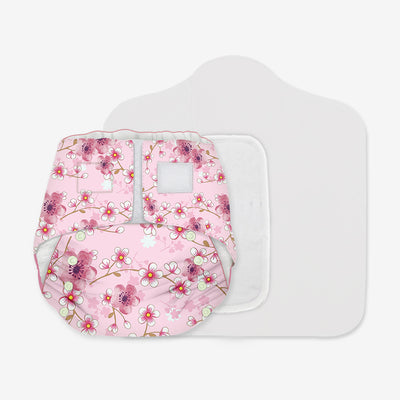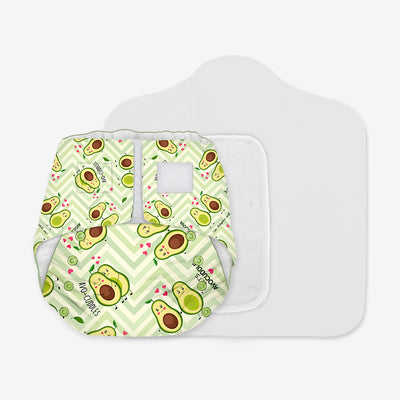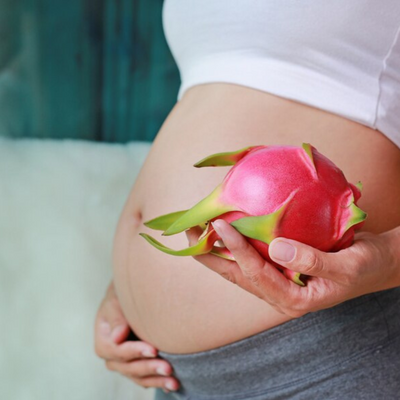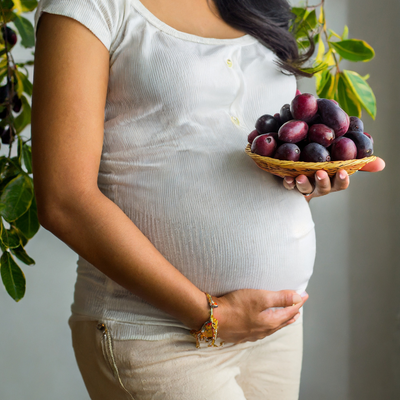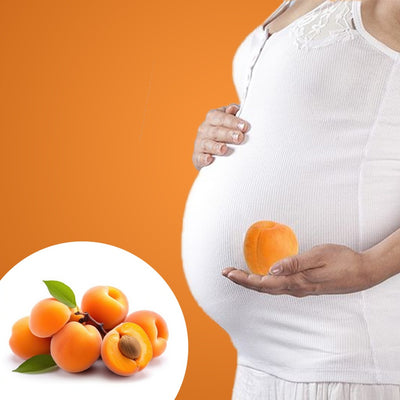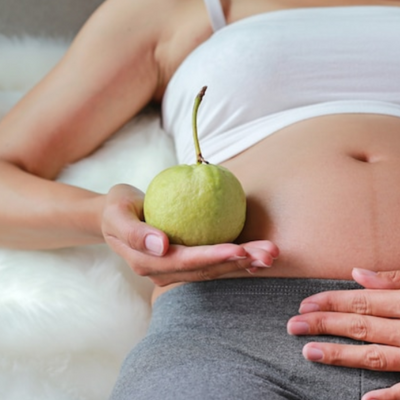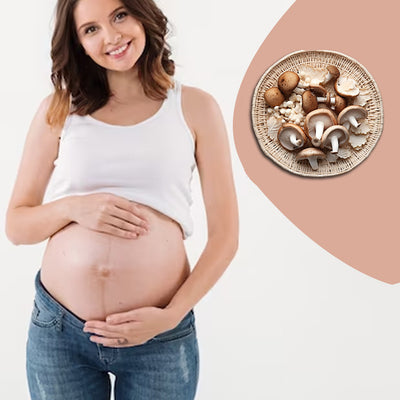Benefits of Cucumber During Pregnancy

Eating Cucumber During Pregnancy
Maintaining a healthy diet during pregnancy is essential for the mother's and baby's health. Cucumbers, with their high water content and nutrient profile, can be a refreshing and nutritious addition to a pregnant woman's diet. Cucumbers, which are high in vitamins, minerals, and antioxidants, provide numerous benefits to expectant mothers, including increased hydration, improved digestion, and essential nutrients for fetal development. However, as with any food during pregnancy, there are some precautions to take to ensure safety and maximize the benefits of eating cucumbers. In this blog post, we'll look at the benefits, safety precautions, and suggestions for incorporating cucumbers into a healthy pregnancy diet.
Is Eating Cucumber Safe During Pregnancy?
Many expectant mothers wonder about the safety of consuming cucumbers during pregnancy. Fortunately, cucumbers are generally considered safe for pregnant women when consumed in moderation as part of a balanced diet. They are low in calories and contain essential nutrients like vitamin K, potassium, and antioxidants, which can contribute to overall health during pregnancy. However, it's essential to wash cucumbers thoroughly to remove any potential contaminants and to avoid consuming them if you have any allergies or sensitivities. Additionally, opting for organic cucumbers can reduce exposure to pesticides, further enhancing their safety for pregnant women.
Side Effects of Eating Cucumber When Pregnant
Allergic Reactions:
While rare, some people may have allergic reactions to cucumbers, causing itching, swelling, hives, or difficulty breathing. Pregnant women who have known allergies to cucumbers or related foods should avoid eating them to avoid allergic reactions that could harm both mother and baby.
Gastrointestinal Discomfort:
Consuming cucumbers may cause gastrointestinal discomfort such as bloating, gas, or indigestion, especially if consumed in large quantities or by someone with a sensitive stomach. Pregnant women who are experiencing such discomfort should limit their cucumber intake or choose other fruits and vegetables to avoid exacerbating digestive problems.
Pesticide Exposure:
Conventionally grown cucumbers may contain pesticide residues, which could be harmful to maternal and fetal health if consumed in large quantities. Pregnant women concerned about pesticide exposure should choose organic cucumbers whenever possible or thoroughly wash conventionally grown cucumbers before consumption to reduce pesticide residues.
Diuretic Effect:
Cucumbers' diuretic properties can help reduce swelling and fluid retention, but excessive consumption may result in frequent urination and electrolyte imbalances. Pregnant women should consume cucumbers in moderation to avoid disrupting fluid balance and electrolyte levels, which are critical for maternal and fetal health.
Heartburn:
Some pregnant women may experience heartburn or acid reflux after eating cucumbers, especially if they are prone to gastrointestinal discomfort or have a history of digestive problems. Cucumbers' high water content and mild acidity can exacerbate heartburn symptoms in susceptible people. Pregnant women who experience frequent heartburn should limit their consumption of acidic foods such as cucumbers and consult with a healthcare provider about management strategies.
Benefits of Cucumber During Pregnancy
Hydration:
Cucumbers contain approximately 95% water, making them an excellent hydrating snack for pregnant women, especially during hot weather or when experiencing morning sickness.
Rich in Nutrients:
Cucumbers are high in essential vitamins and minerals, such as vitamin K, potassium, and magnesium, as well as antioxidants like vitamin C and beta-carotene, which benefit both the mother and the developing baby.
Digestive Aid:
Cucumbers' high water and fiber content can help prevent constipation, a common problem during pregnancy, by encouraging regular bowel movements and supporting digestive health.
Gestational Diabetes Management:
Cucumbers have a low glycemic index, meaning they have minimal impact on blood sugar levels. Including cucumbers in the diet may help manage gestational diabetes and regulate blood sugar levels.
Reduced Swelling:
The water content in cucumbers can help reduce swelling or edema, a common pregnancy symptom, by promoting proper hydration and supporting kidney function.
Morning Sickness Relief:
The mild flavor and high water content of cucumbers make them a soothing option for alleviating nausea and morning sickness symptoms during pregnancy.
Weight Management:
With their low calorie and high water content, cucumbers can contribute to healthy weight management during pregnancy, supporting maternal health without adding excessive calories.
Cucumbers, when included in a well-balanced pregnancy diet, can provide numerous health and well-being benefits to both the mother and the baby. To ensure optimal nutrition and safety, cucumbers should be consumed as part of a varied diet and in moderation.
FAQ
1. Is it safe to eat cucumbers with the skin during pregnancy?
Yes, it is generally safe to eat cucumbers with the skin during pregnancy. However, it's essential to wash them thoroughly to remove any dirt, pesticides, or contaminants that may be present on the skin.
2. Can eating cucumbers help with morning sickness during pregnancy?
Cucumbers' high water content and mild flavor can provide relief from morning sickness for some pregnant women. However, individual experiences may vary, and it's essential to listen to your body and consult with a healthcare provider for personalized advice.
3. How much cucumber is safe to eat during pregnancy?
Moderation is key when consuming cucumbers during pregnancy. Aim to include them as part of a varied and balanced diet, and avoid excessive consumption. As a general guideline, a serving size of cucumber is about one-half to one whole cucumber per day.
4. Are there any precautions to take when eating cucumbers while pregnant?
Pregnant women should take precautions to minimize the risk of foodborne illness when consuming cucumbers. Thoroughly wash cucumbers before eating, and ensure they are stored properly to prevent contamination. Additionally, if you have any allergies or sensitivities to cucumbers or related foods, it's best to avoid them during pregnancy.
5. Can cucumbers cause any harm to the baby during pregnancy?
When consumed in moderation as part of a healthy diet, cucumbers are unlikely to cause harm to the baby during pregnancy. However, excessive consumption or potential exposure to contaminants such as pesticides should be avoided. If you have any concerns about eating cucumbers during pregnancy, consult with your healthcare provider for personalized advice.

